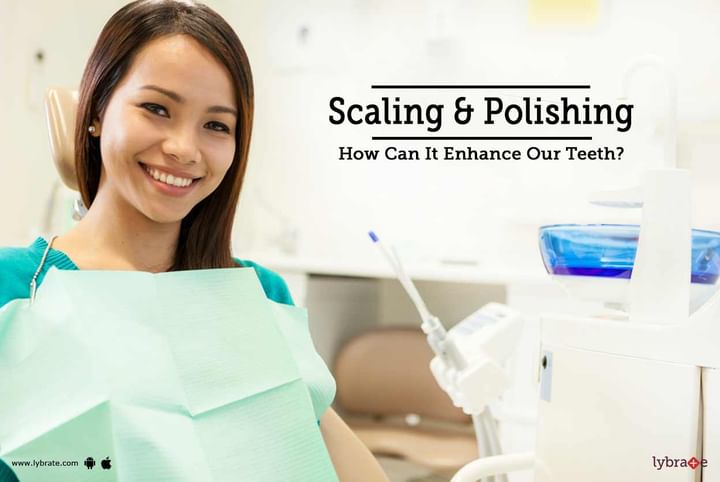Scaling & Polishing - How Can It Enhance Our Teeth?
What is scaling?
Over time, even with regular brushing and flossing, plaque (sticky, soft, bacteria-infected layer) and tartar (calcium) deposits build up on your teeth. Scaling removes the tartar and plaque with specialised equipment. Scaling effectively cleans up your teeth by using ultrasound to loosen the tartar and then using tools to scrape it off from the surface of the tooth.
What is polishing?
Polishing is done to remove excess plaque and remove stains. Scaling is always followed by polishing. Polishing also smoothes and shines the teeth to prevent plaque from building up again. It is either done by foam or fluoride gel treatment to reduce the possibility of tooth decay and sensitivity.
Why are they done?
Scaling and polishing are not only done for cosmetic reasons; they are also done for overall oral health. Excessive plaque and tartar buildup will eventually lead to the perfect environment for bacteria to thrive and multiply. The ultimate purpose of polishing and scaling is to clean the surface of the teeth so that the bacteria cannot attach to them and cause serious oral problems (such as gum disease). Also, scaling and polishing offer far better cleaning of your teeth than everyday brushing and flossing.
However, scaling and polishing is not a curative treatment. If your teeth have been damaged by cavities or other oral diseases, you need medical attention.
In fact, professionally, this treatment is called prophylactic treatment; and the word ‘prophylactic’ comes from prophylaxis, which is Greek for ‘to prevent disease’. Thus scaling and polishing is more of a preventive measure than a cure.
Do they hurt?
This process is essentially painless. Most of the people who undergo this treatment usually have the following experiences:
- Tickling sensation
- Coolness from the water used to clean the mouth
- Pressure during the scraping process (The dentist uses specialised tools to “scrape” the tartar deposits off the tooth’s surface).



+1.svg)
